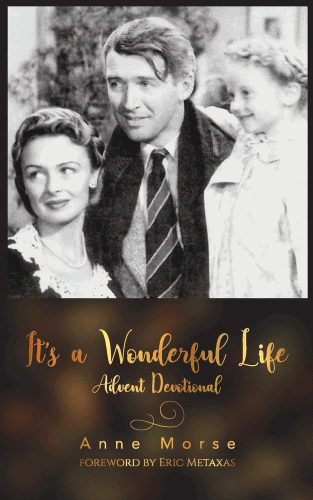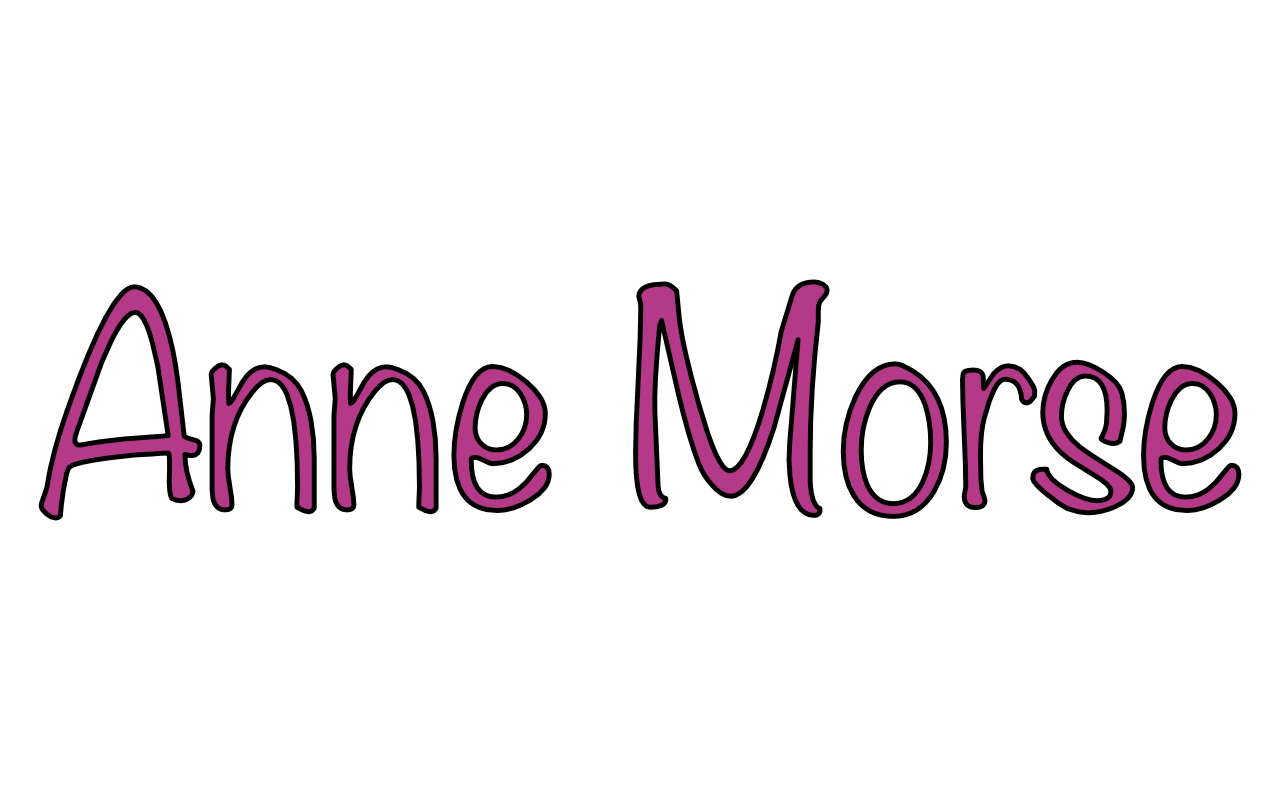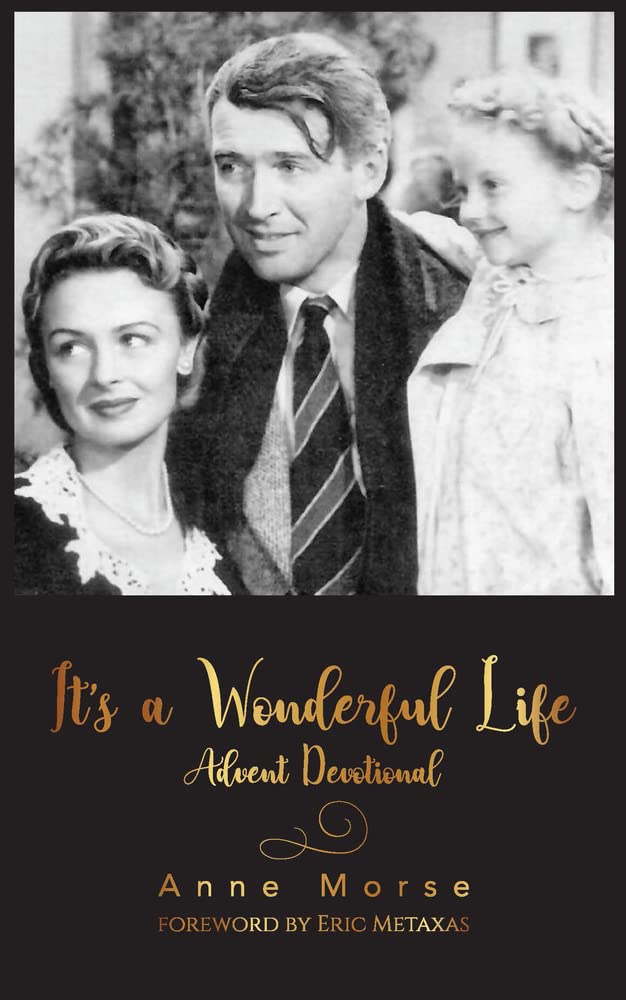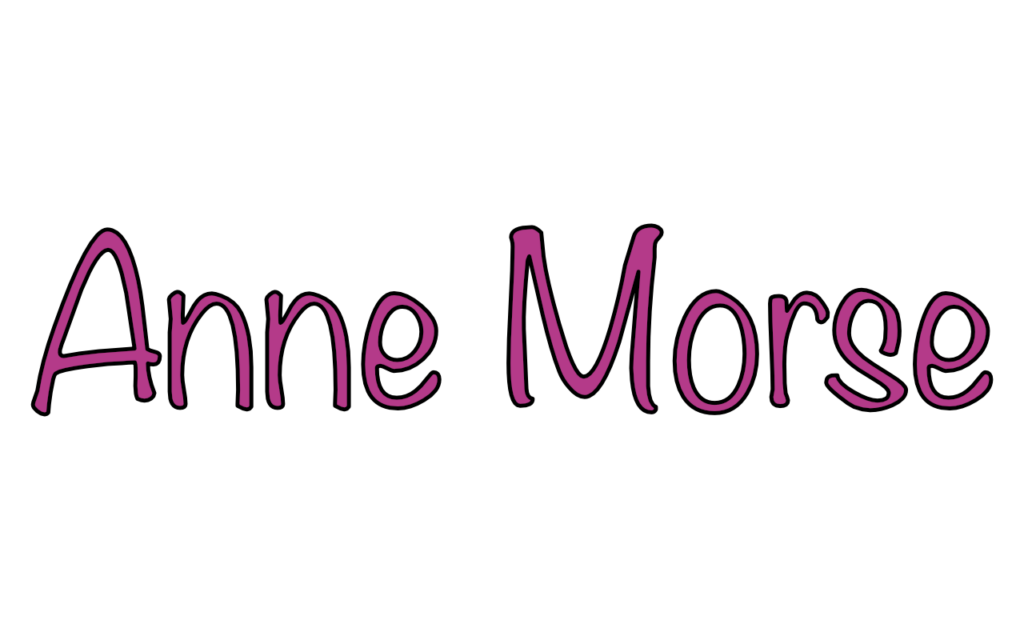Regarding my new book – It’s a Wonderful Life Advent Devotional – I’ve been asked “What do you hope readers will carry away with them?”
 The two big messages I want to get across is first, that God loves them, and wants us to love one another, and second, that the sorts of problems we see plaguing the fictional Bedford Falls—poverty, prejudice, people making decisions that hurt others, neighbors who are grieving, like Mr. Gower, the druggist, whose son succumbs to the Spanish flu, foolish relatives who cause difficulties, as Uncle Billy does—are problems we see today, in our own lives.
The two big messages I want to get across is first, that God loves them, and wants us to love one another, and second, that the sorts of problems we see plaguing the fictional Bedford Falls—poverty, prejudice, people making decisions that hurt others, neighbors who are grieving, like Mr. Gower, the druggist, whose son succumbs to the Spanish flu, foolish relatives who cause difficulties, as Uncle Billy does—are problems we see today, in our own lives.
Two years ago, my husband’s nephew died by suicide, causing great grief to his widowed mother. My late brother was an alcoholic who caused distress and problems for the family. A man from my church is now serving a lengthy prison sentence for possessing child pornography. And we are all too aware of businesses which put profits before the welfare of their communities.
At the end of “Wonderful Life,” we are so happy to see George Bailey get out of Pottersville and back to Bedford Falls that we tend to forget that, while Pottersville is an awful place, Bedford Falls also has many problems. Like every other town in the world, Bedford Falls is affected by the Fall. We must use our time, talents, and money to battle these social ills, asking for God’s wisdom as we do.
George Bailey deals as best he can with these evils. For instance, in the film, George Bailey treats “bad girl” Violet Bick with respect and kindness when she comes to him for the money she needs to leave town and start over where nobody knows her reputation. That scene reminded me of how Jesus treated the woman caught in adultery, who was about to be stoned by her neighbors. Her neighbors were eager to judge her; Jesus reminded them that she was hardly the first person to sin. The devotion about Violet invites readers to ask themselves how they would treat someone like Violet. If we saw a modern teenage Violet Bick walking down the street, would we ignore her, or would we stop, say hello, and invite her to attend the Christmas party our church’s youth group is holding?




